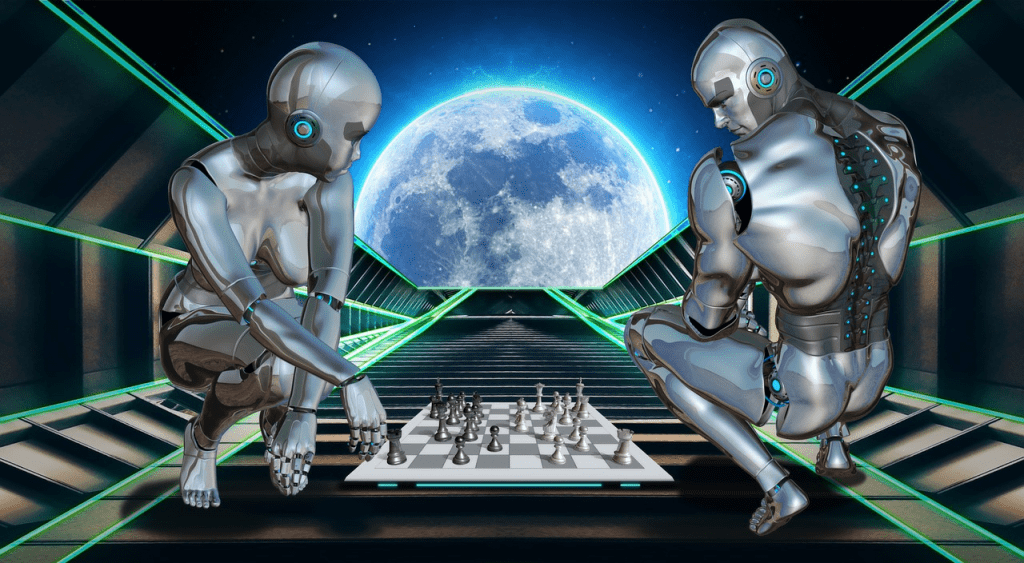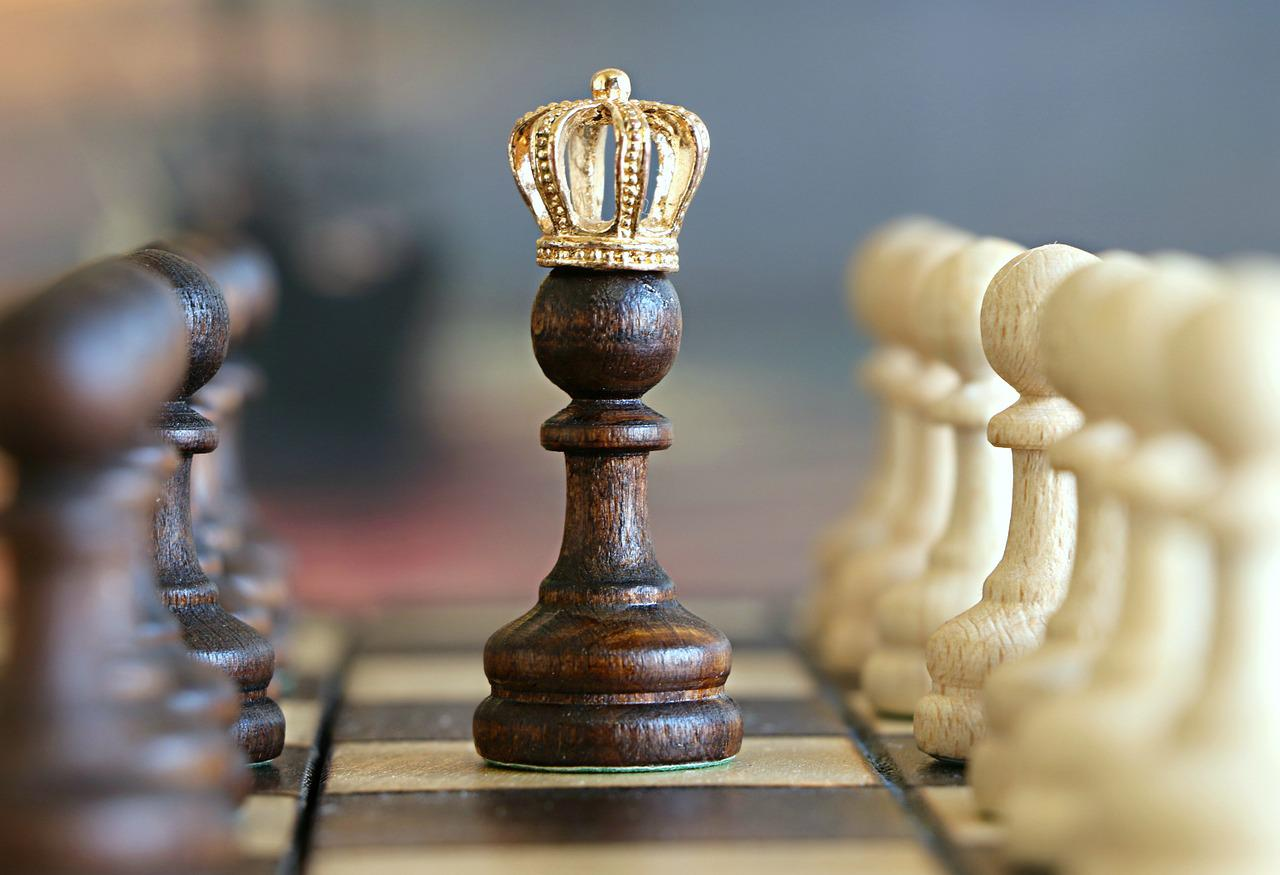Table of Contents
The Story of Alphazero’s AI Developments
DeepMind Technologies is a startup founded in 2010 by several London students. Founders Demis Hassabis, Shane Legg, and Mustafa Suleiman were passionate about developing artificial intelligence, so they experimented with combining machine learning, neuroscience, math, engineering, computing infrastructure, and modeling. This innovative approach attracted good investments; Elon Musk also noted the prospect of the project. In 2014, Google acquired DeepMind Technologies after Facebook halted negotiations back in 2013. And in the fall of 2016, the company transitioned to Alphabet and wiped Google from its name. As a basis for developing their idea, the DeepMind team used computer chess games and variations of them, which they used to test out AI. One such program learned how to play more than 50 games, and Alpha Go was the first system that could beat a professional player – a live human – in a Go game. This program used a learning technique with a teacher and reinforcement to train it. The system exercised on human experience, learned to predict the player’s moves and then played against its own versions. Progress has not stood still, and in 2017 the developers rolled out a new version of the program AlphaZero. It explains its name because the program was trained from scratch without using human experience. Developers trained the AlphaZero Neural Network to anticipate possible human choices and its own. The DeepMind team claims that the AlphaZero version is by far the strongest player in Go and chess ever.Neural Network Capabilities in Chess and Beyond
 An artificial neural network is a way to recreate the simulation of the human brain using sophisticated algorithms. Interestingly, even the artificial NS is capable of self-learning. This process looks like an optimization task that uses analysis and clustering techniques from a maths perspective. An artificial neural network can analyze data using complex algorithms and perform operations on well-defined mathematical and fuzzy language systems.
The system decomposes the data into simple components; the algorithms form layers that analyze and transform the data. As learning progresses, some features become more complex and compact. Nevertheless, it turns out that the machine’s conclusions are similar to human conclusions. The AI development services can use these solutions to develop other areas unrelated to chess, Go, or games.
An artificial neural network is a way to recreate the simulation of the human brain using sophisticated algorithms. Interestingly, even the artificial NS is capable of self-learning. This process looks like an optimization task that uses analysis and clustering techniques from a maths perspective. An artificial neural network can analyze data using complex algorithms and perform operations on well-defined mathematical and fuzzy language systems.
The system decomposes the data into simple components; the algorithms form layers that analyze and transform the data. As learning progresses, some features become more complex and compact. Nevertheless, it turns out that the machine’s conclusions are similar to human conclusions. The AI development services can use these solutions to develop other areas unrelated to chess, Go, or games.
How AlphaZero Algorithms Work
AlphaZero learned to play chess very quickly. Initially, developers introduced only game rules into the system. They didn’t put any databases of games or libraries. After 24 hours, the program was already able to play with itself. We should note that at first, the moves were random. When one of the sides lost, the system calculated which moves were more effective in total. At that time, AlphaZero’s main rival was Stockfish. It analyzed more than 70 million chess positions per second. Whereas the DeepMind product counted only good games, their quantity was less, but the quality was higher. As a result, the program spent half as much time processing as the opponent. Unlike AlphaGo’s previous version, Zero’s version did not use data from games with humans or between human players. Instead, it skipped that step and started playing directly with itself. Soon the program surpassed the human level and defeated the champion version. We can say that all the predecessors used human experience, while this version does not need it. It is no longer the heir to human achievement. AlphaZero’s victory is somewhat symbolic.
Also Read: QuickBooks Error 404

